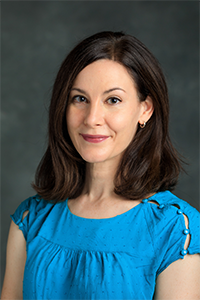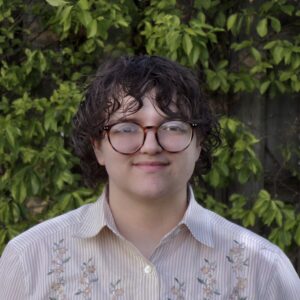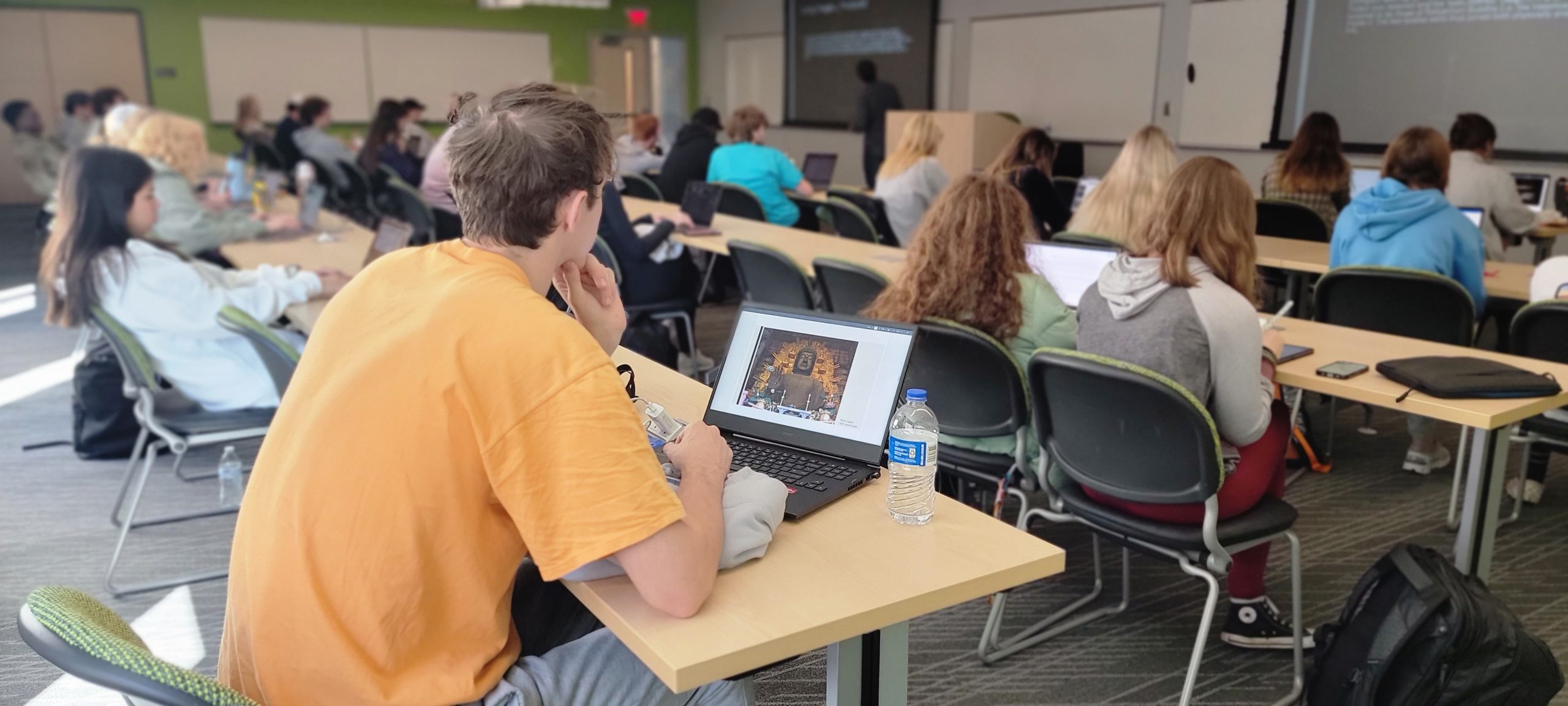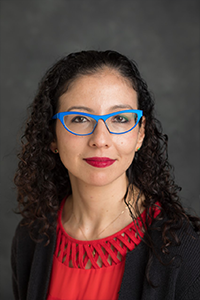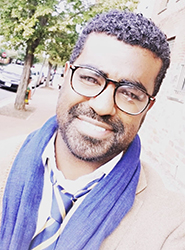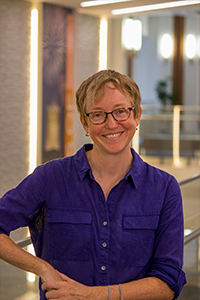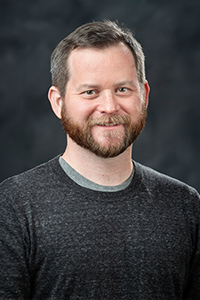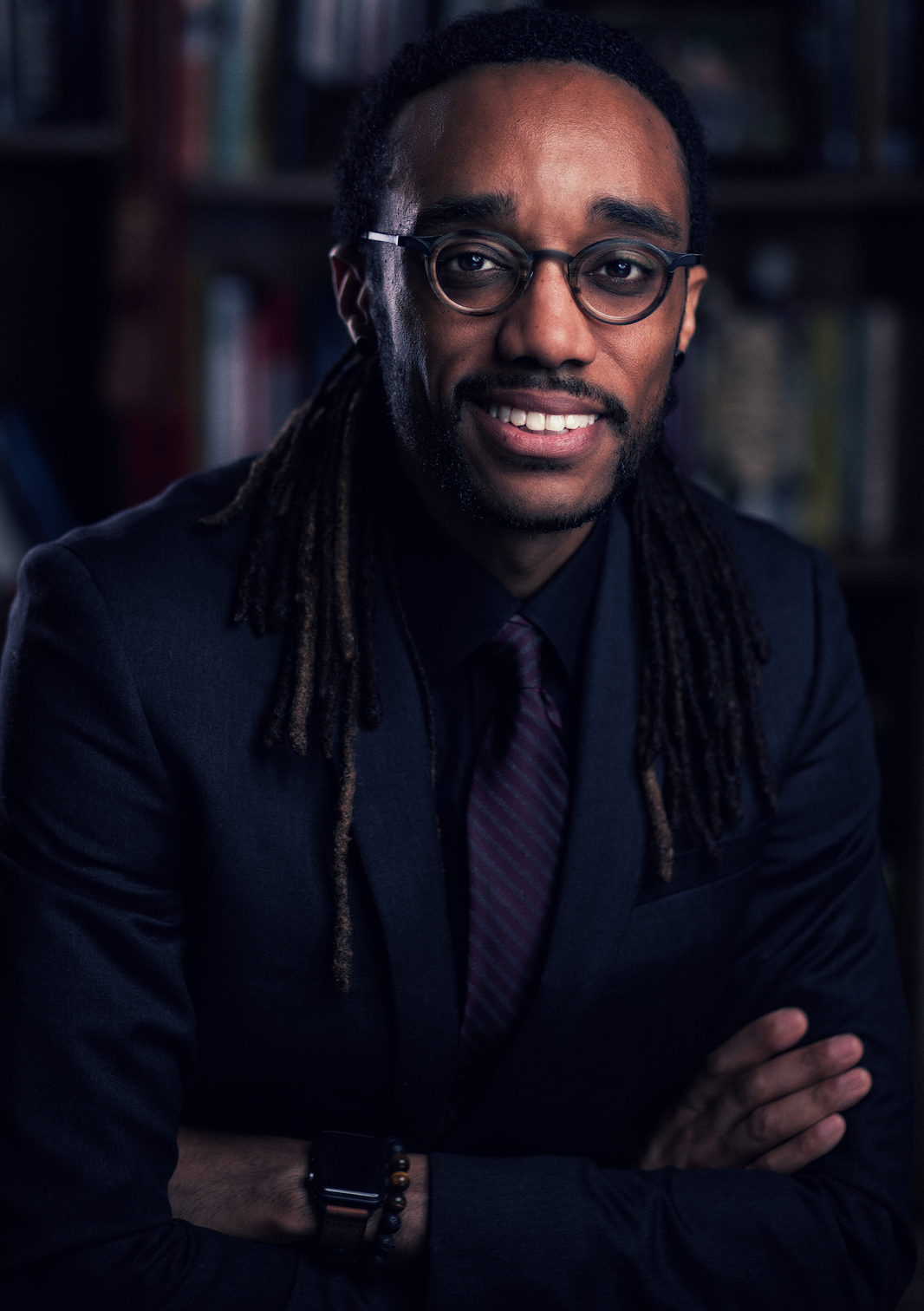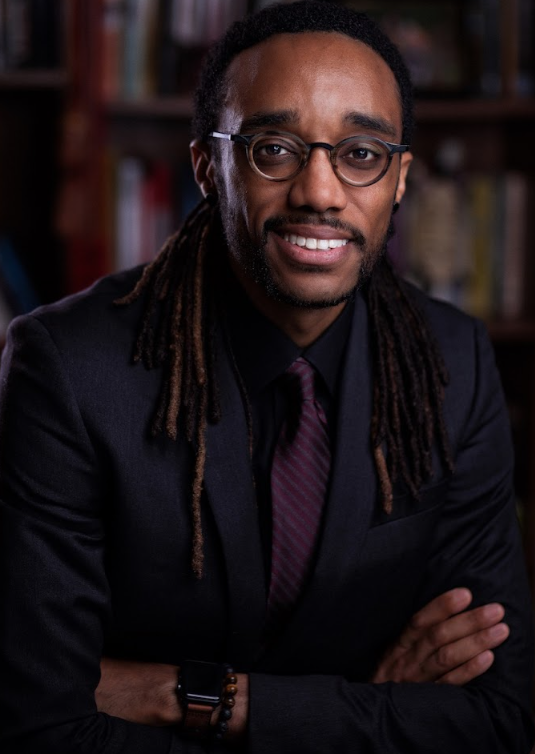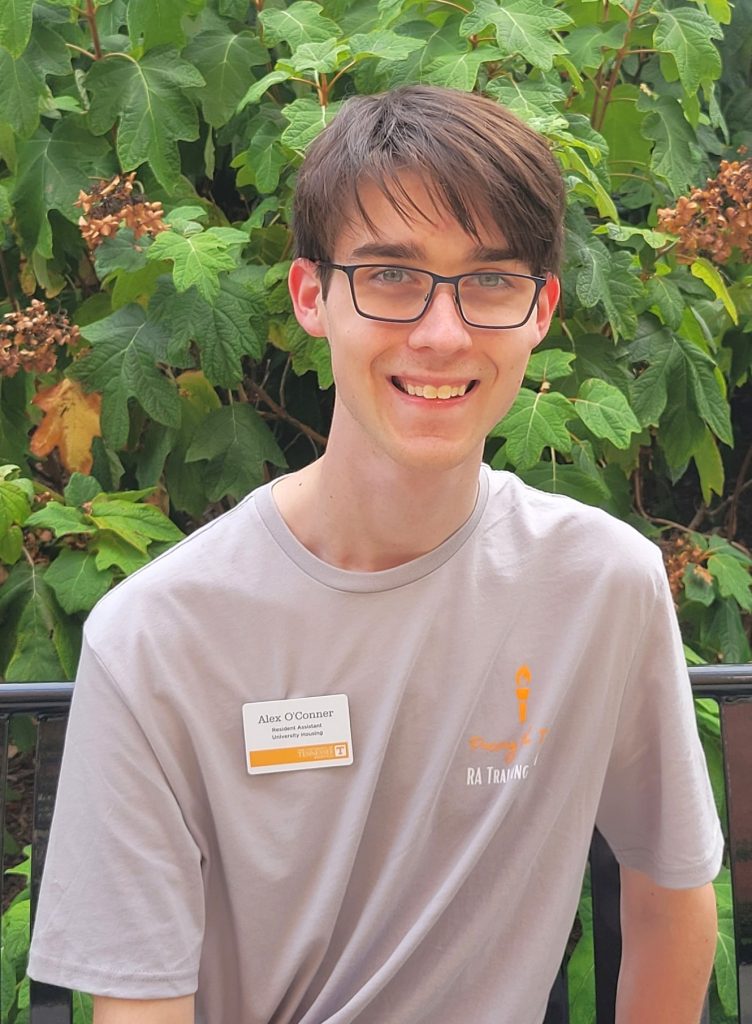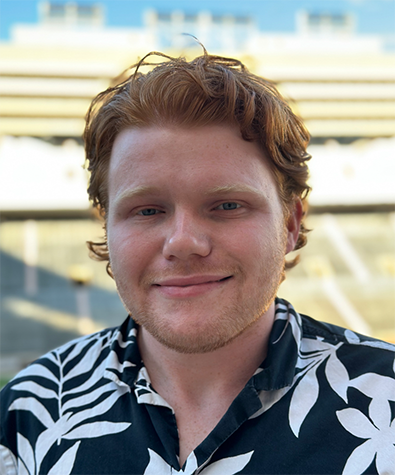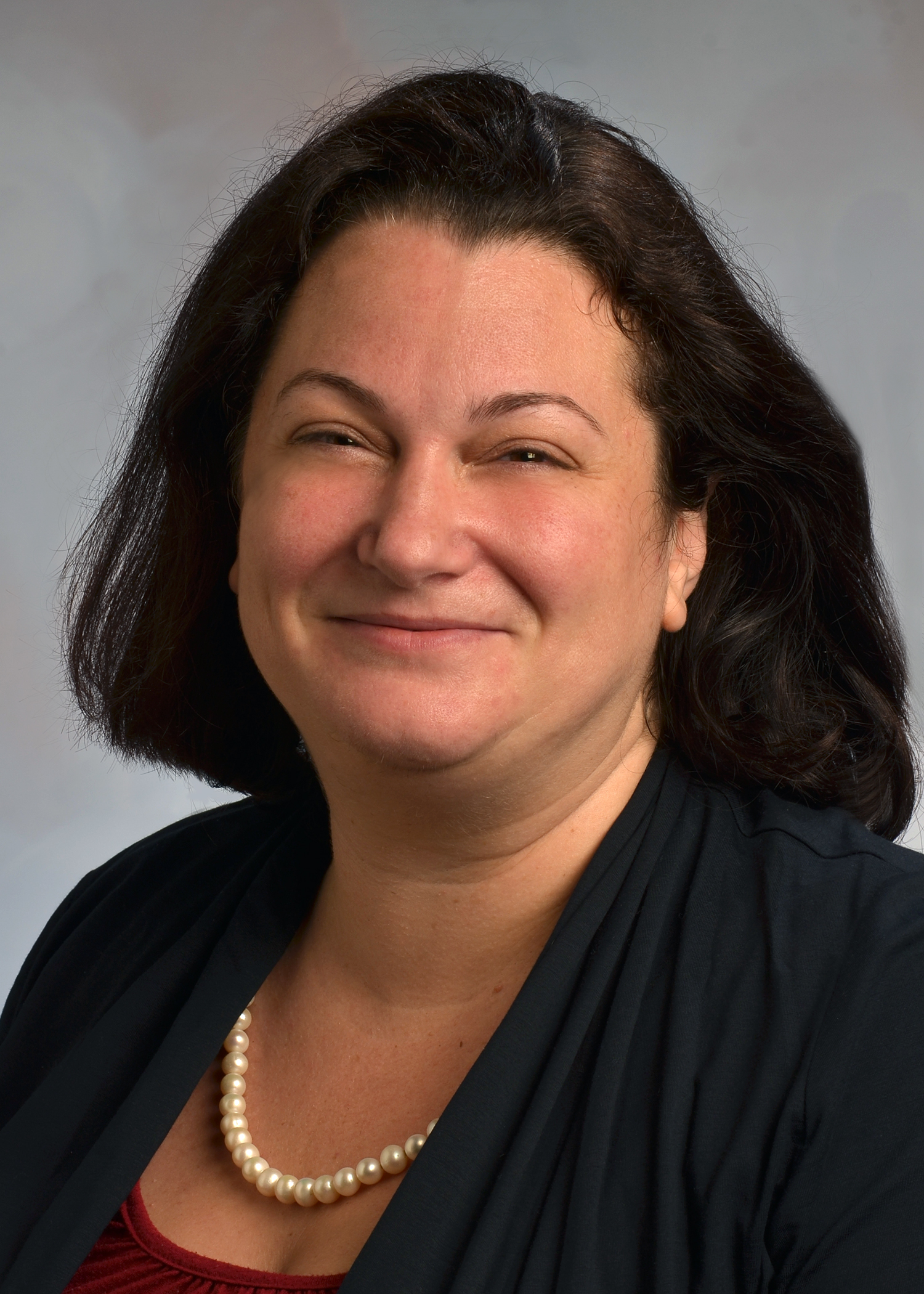Bryson is guest on The Royal Studies Podcast as a panelist
“In this roundtable episode, host Ellie Woodacre is joined by a panel of five experts on monarchy in premodern Asia–including the Indian subcontinent, China and Southeast Asia. This episode captures a vibrant discussion on the impact of Buddhism on the ideals and practice of monarchy in the region, drawing on their respective research.”
